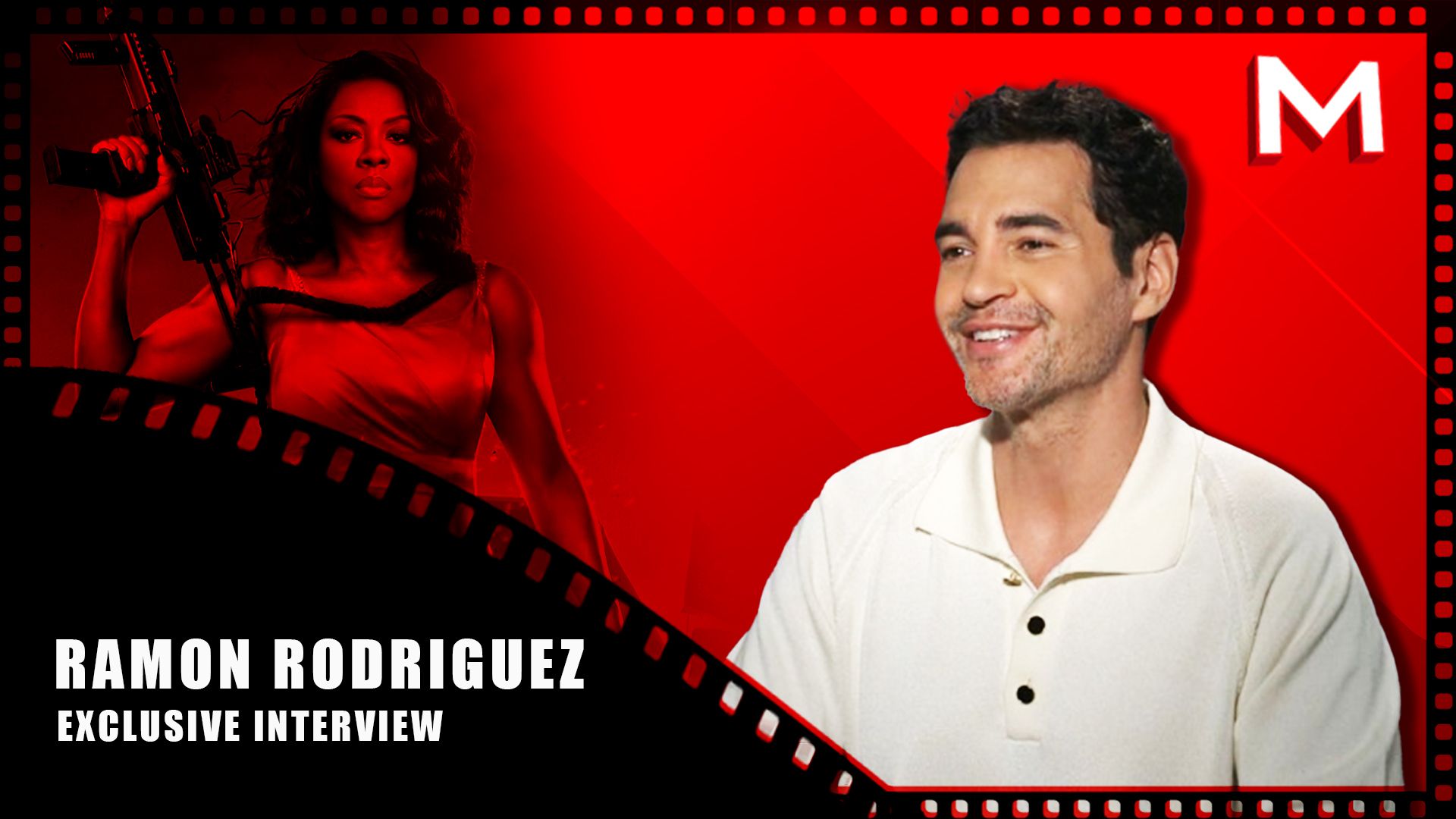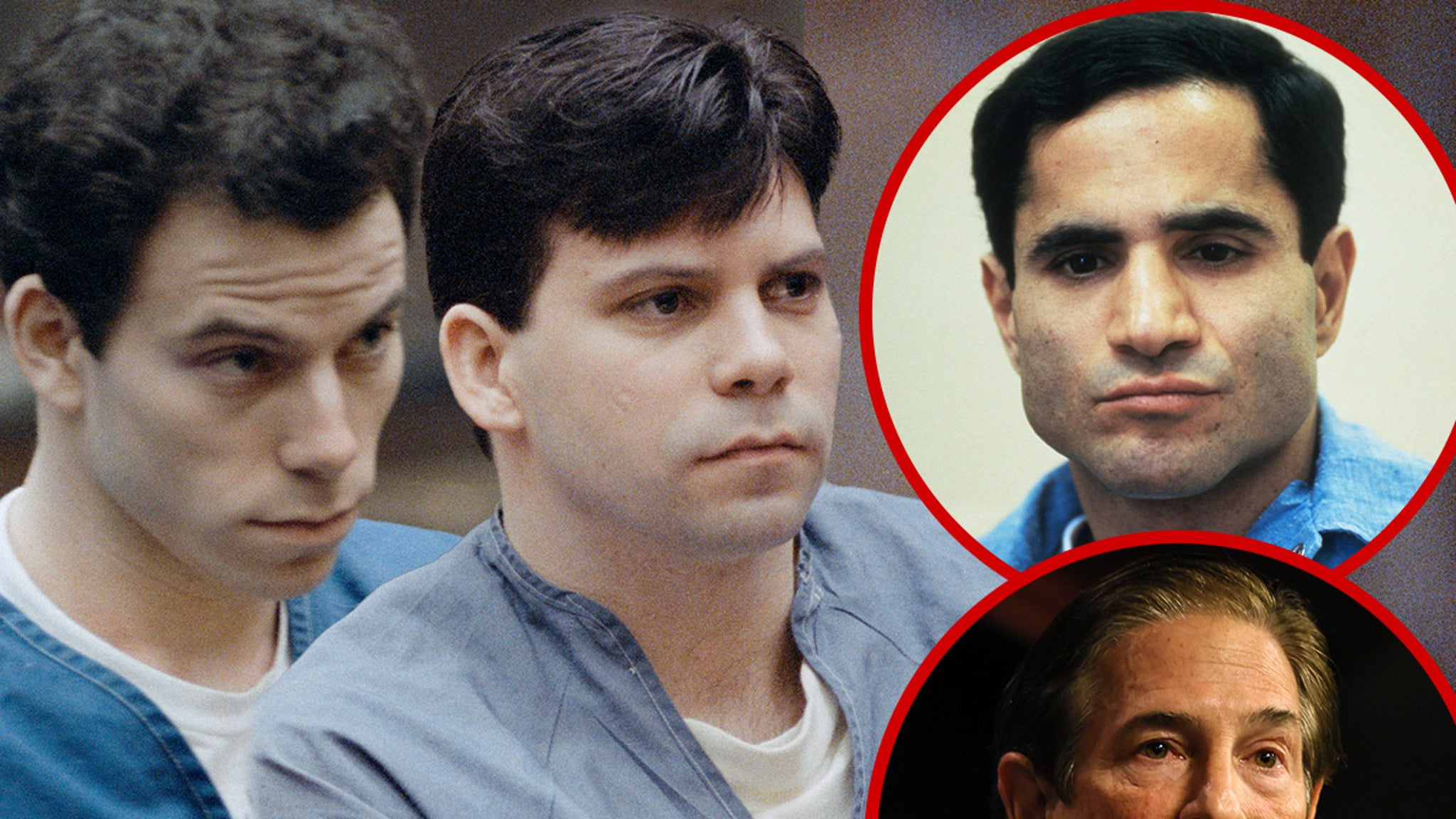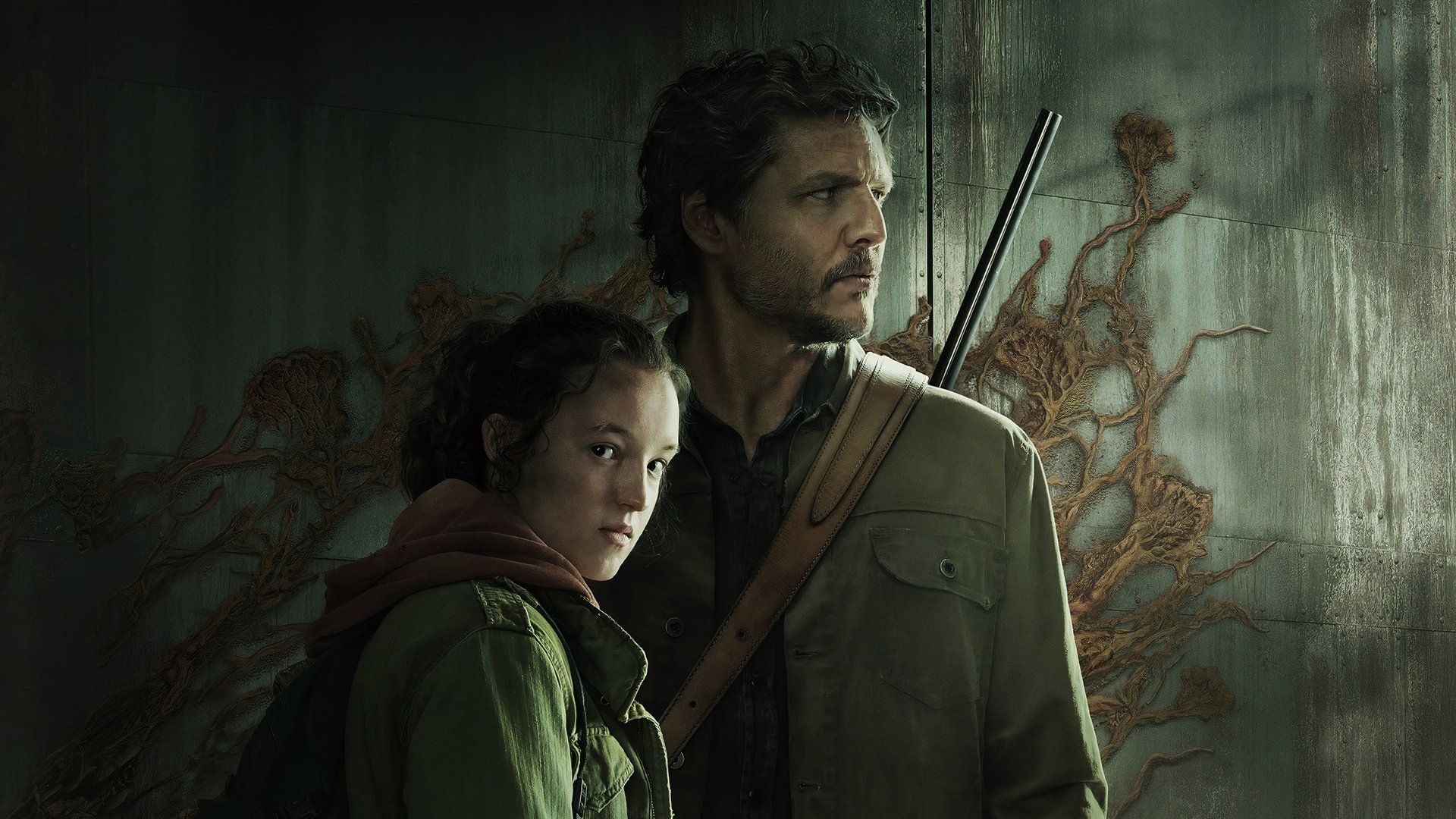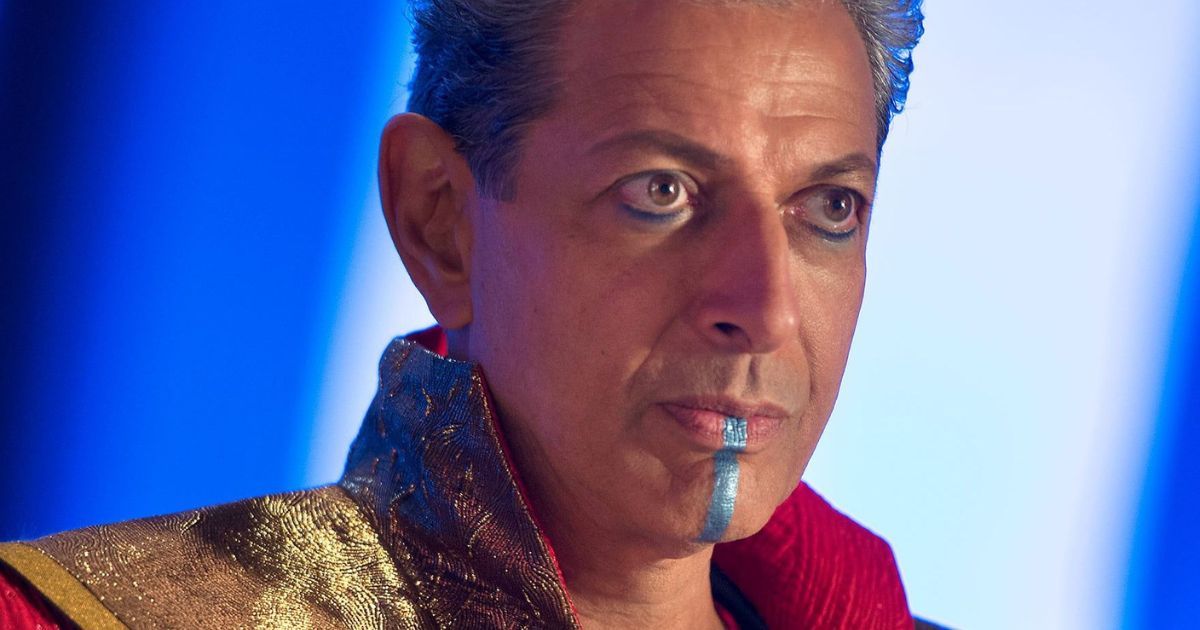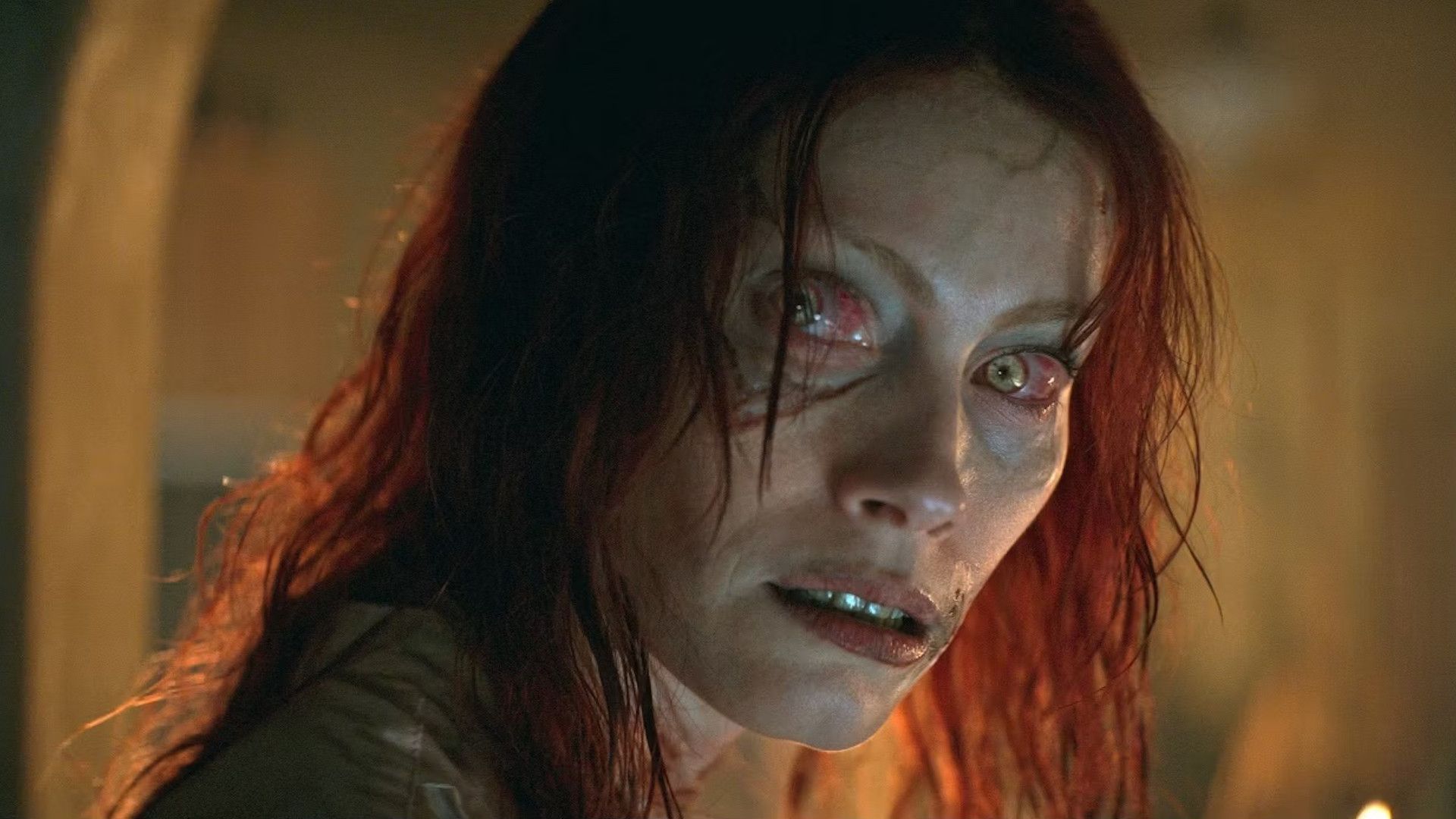Dear David originally haunted our screens in 2017 as Adam Ellis, a Buzzfeed illustrator, started posting on then-Twitter about strange paranormal occurrences in his apartment. From chairs rocking to cats pawing at the front door at the same time every night, the story captivated audiences across the internet with its periodic updates and interesting photographs.
With the popularity of the thread, it should come as no surprise that a movie was developed to share Adam’s (and David’s) story. However, if you were anticipating a perfectly faithful adaptation of the story, that is not what Dear David presents. Taking artistic liberties and combining them with some of the most popular elements of the original haunting, Dear David has gained a significant amount of buzz and hype, but it may not be warranted.
Tired Scares and Concepts
Stephanie Montani
If part of why you loved the original story was David’s (Cameron Nicoll) seemingly innocuous nature initially, and how that continues as his cause of death is revealed, you will not like the premise used in the adaptation. His death is linked to his computer use, which is how the film develops the presence of David in Adam’s life. Without giving too much away, David’s appearance is less Paranormal Activity and more Friend Request.
As the movie continues, tired plots like institutionalized individuals and online bullies are used to develop the David persona. None of these elements add anything to the narrative other than to make David appear as dark and threatening as possible. Of course, because David seems to live exclusively online, knowing this doesn’t make David scarier, it just gives the audience more to chew on.
Related: The Exorcist: Believer Review | Someone Spiked the Holy Water
The only “scary” aspect of the movie that works is when Adam is under sleep paralysis. These sequences are some of the best in the film, showcasing the fear Adam experiences as the haunting grows and becomes more consuming in his life. While they work in the story and are great to watch, they aren’t enough to give viewers a fright.
Other concepts pulled directly from the original story, like the rocking chair, apartment move, and cats being drawn to the door, are used with little impact. They don’t come across as scary or creepy, just as a series of events happening to Adam. For fans of the thread, this may be a disappointment.
A Theme Almost Carries the Story
Lionsgate
The strongest theme of Dear David is about opening up to those around you and living in the now. Adam is very much an internet hermit, hiding behind his computer as he draws comics to stick it to internet trolls while avoiding introducing his partner to his parents. This begins to affect his life in a more impactful way, especially when he starts to withdraw from people and isolates himself even more as he tries to figure out the force behind David and goes down the rabbit hole.
Related: Best Horror Movie Actors of All Time
While the story could be a great way to show why opening up and being present is important, especially in the technology-ridden age of today, it instead veers off into ambiguity as David tries to further isolate Adam while also pushing him offline. Though likely unintentional, having David send texts on Adam’s behalf that both are him reaching out and pushing people away is a mixed message and only creates confusion as to what David’s intentions are. Is David trying to force Adam to leave the internet? Is David trying to isolate Adam? It’s unclear in the worst way and only drags the story down.
Strong Performances Add Substance
Stephanie Montani
The highlight of Dear David is the performances of Augustus Prew and Justin Long. Though working with tired tropes, Prew sells the fear and confusion Adam is experiencing due to the Dear David account and the ensuing chaos. In particular, his facial expressions regularly add to the nature of a scene, aiding the viewer in understanding his emotions and thought process as each new problem comes his way, especially as he grows more and more helpless.
Justin Long acts as Adam’s manager at Buzzfeed and provides needed comic relief throughout the film. Any time Long appears is a welcome change, especially as he continues to believe Adam is making up the Dear David events as he goes. In one instance, he asks Adam how the story will end, and when the haunted individual expresses he doesn’t know, Long’s character laughs him off, thinking it’s all a part of the show. The actor is wonderful, albeit underutilized.
Dear David moves from your computer to theaters on October 13. While it might not be the best way to celebrate Friday the 13th, it is one of many horror films being released this month.
You can view the original article HERE.




